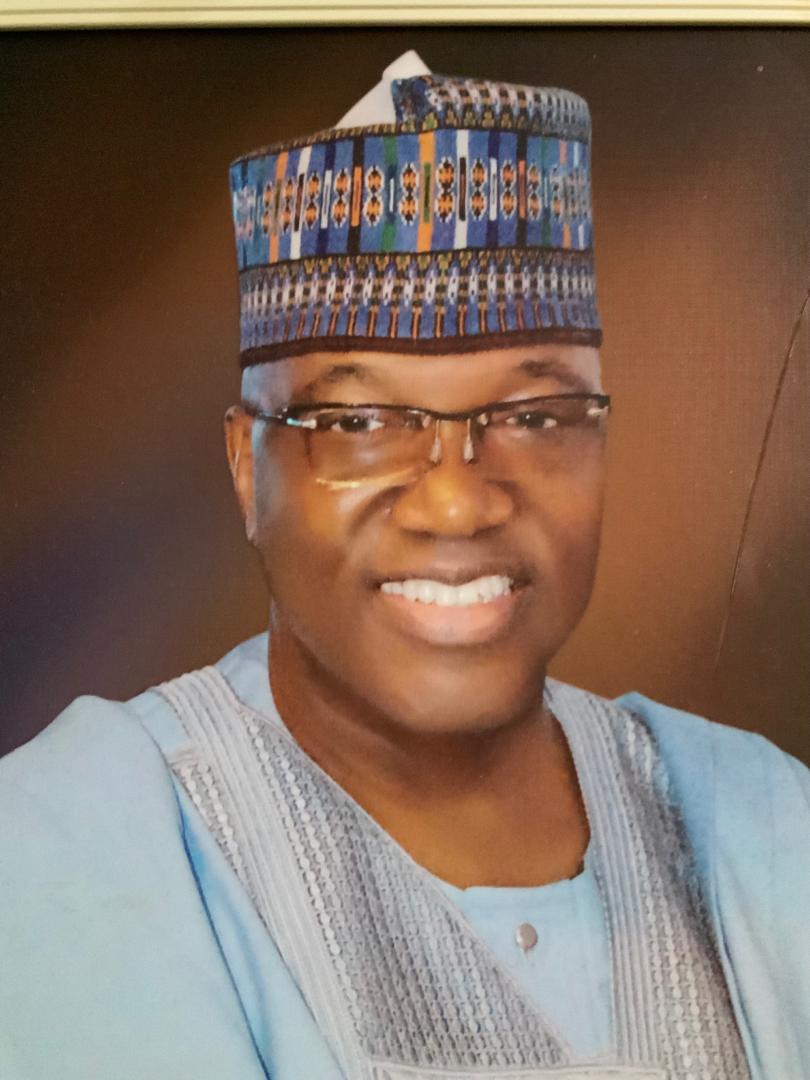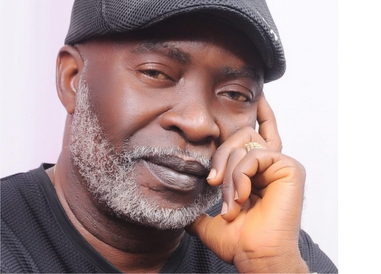A Lagos based lawyer, Olutunbosun Osifowora, whose forte is marriage law, has said that the accusation of rape is not admissible in a marriage.
He made this known during a weekly online interactive session, Freelanews Leadership Session, organised by Freelart Limited, publisher of Freelanews on its exclusive WhatsApp group while anchoring a topic ‘Domestic Violence: Meaning, Causes, Implications and Solutions’.
Domestic violence, according to him, can be defined as violent aggressive behaviour within the home; typically involving the violent abuse of a spouse or partner.
Osifowora revealed that domestic violence is not peculiar to women alone and the law recognises this and sanctions are appropriated to the offender whether male or female.
“It is broad to include all acts of physical, sexual, psychological or economic violence that may be committed by a family member or intimate partner.”
He stated that domestic violence is not new in the society but thanks to social media, it is just getting the needed publicity.
“Domestic violence has always been with us but social media has escalated the awareness and it seems as if it is more prevalent now than ever but not so. It is the awareness and people have become more vocal than before.
“Don’t also forget the availability of more medium of expression has increased the awareness and incidents.”
On why the focus on only physical violence as there other instances of which is psychological. The lawyer stated that there are adequate provisions for that under the Nigerian law.
“The extant law as it relates to domestic violence introduced the psychological dimension. Prior to now, the courts only reckoned with physical violence but the Violence Against Persons Prohibition Acts 2015 has expanded it to include psychological damages.
“A person, who continuously causes pain and sadness for another person by always abusing and insulting them has committed an offence and liable to a year imprisonment or two hundred thousand naira fine or both. Likewise, anyone who helps and supports the offender is liable to six months in prison and or one hundred thousand naira fine. This is the position of the law as it relates to psychological abuse,” he added.
The lawyer also clarified on how psychological violence could be proven which unlike physical violence that leaves marks on the victims.
“Medical report by a psychiatrist or psychologist will reveal trauma and the victim can adduce evidence. I understand that it is a bit remote when it comes to pricing same but it can be achieved all the same.”
Going on to another form of domestic violence, the lawyer categorised spousal battery as a person who beats his wife or husband. And such has committed an offence and liable on conviction to three years in prison and or two hundred thousand naira fine. Anybody, who supports another person to beat his wife or husband, will get one year in prison and or two hundred thousand naira fine.
He went further and defined rape or sexual violence as intentional penetration of the vagina, anus or mouth of another person with any part of his/her body or any object, without the person’s permission or through force, threats, tricks and deceit. He revealed that such person is liable on conviction to life in prison. Not only that the person’s name will be registered on sex offenders lists and same will be made open to the public.
He, however, expressly stated that even though there are ladies who tried to claim rape allegation against their husbands, rape is not admissible as far as marriage is concerned.
“I have heard and seen where people push rape in marriage. I say categorically that by our laws there is no rape in marriage.
“Sexual violence can only be claimed if there is proven case of whipping or pouring of candle wax into the vagina. Or summarily, only where there is no consent for extreme sex activities.
“Remember that the oath of marriage taken says that you give your spouse your body, soul and every property of yours. So consent is already assumed from the beginning. So there is no instance of withdrawal of consent in marriage which can activate rape. Remember what you took at the registry was an oath of covenant,” he submitted.
Osifowara also clarified that even though rape is not recognised in marriage, there is a caveat.
“There is no rape in marriage under our laws. But where you subject someone to inhuman or less dignifying actions then the person can protest same. It is a breach of fundamental right guaranteed under the 1999 constitution.”
With permission to ask questions, one of the contributors asked:
“A situation where a wife blocks her husband’s exit, who is trying to leave a heated argument and while the man was struggling to free himself, there are marks on the lady. Could this be regarded as battery too?”
“Well, where you lock up your spouse from going out and where the spouse trying to free himself or herself inflicts injury; both actions can create an action in court,” he responded, “Mind you, a person who throws his wife or husband out of the house has committed an offence and will be liable to prison for 2years or pay a fine of N300k or both.”
On the other instances of domestic abuse under the law, the lawyer had these to say.
“Anyone who intentionally gives another person any substance in solid, powder or liquid form that will make that person weak so as to engage in sexual activity with them has committed a crime and liable on conviction to up to 10years in prison and or five hundred thousand naira fine.
“A person who intentionally exposes his or her private part to attract another person or make the person to see or touch it, has committed an offence called indecent exposure and he or she is liable on conviction to one year in prison or and five hundred thousand naira fine.
On the way forward for marriages where such violence exists, considering the effect on both spouses and the children involved, the legal practitioner advocated divorce or separation.
“The awareness about domestic violence is low but we are moving in the right direction. The laws have been expanded to accommodate new positions and wider remedies for the victim. We can only improve on same. But the family unit and religious and social outfits should be encouraged to sensitise people on their rights and boundaries as it relates to offences.
“And before divorce, the extant law allows for you to approach the high court for protection order against the offender,” he submitted.

Freelanews is a potpourri of news, entertainment, business, events and photos. This is no fake news.





























